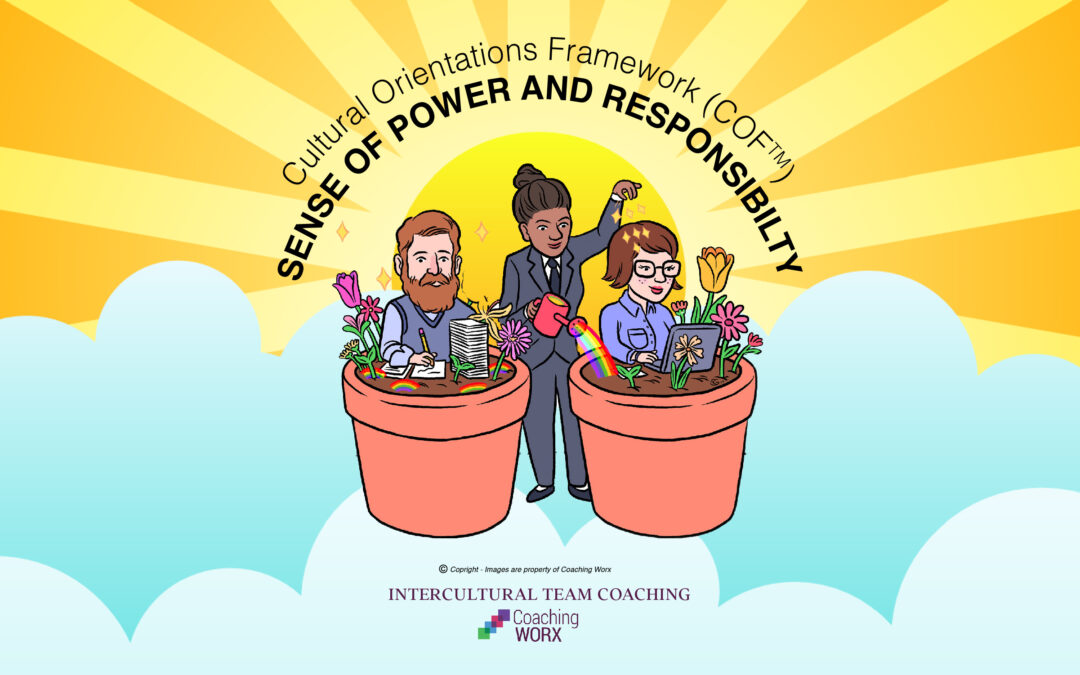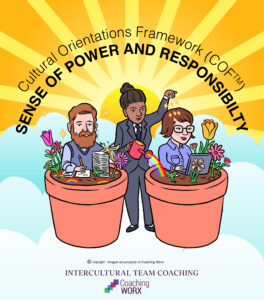INTERCULTURAL TEAM COACHING
Using the COF™ Assessment
“Coaching Across Cultures” a ground breaking book written by Professor Philippe Rosinski that explores the challenges and opportunities of coaching individuals from different cultural backgrounds. Rosinski is a renowned coach, trainer, and author, who specializes in cross-cultural coaching and has worked with executives and organizations around the world.
The book focuses on developing a cultural awareness and competence among coaches, which is critical for effective coaching across cultures. It introduces a “Cultural Orientations Framework,” which identifies seven different dimensions of cultural differences that impact coaching. The “Cultural Orientations Framework” Assessment is a valuable tool for organizations that are committed to a sustainable Diversity, Equity, Inclusion and Justice Programs.
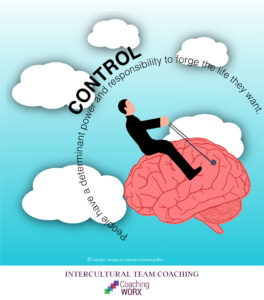
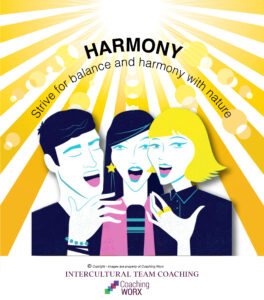
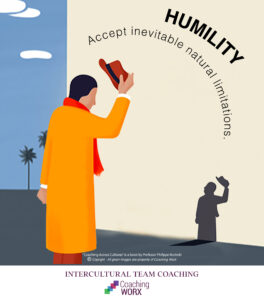
Today, I am sharing first dimension according to Philippe Rosinski’s “Cultural Orientations Framework” (COF™), the Sense of Power and Responsibility.
This dimension refers to how individuals view power and responsibility in relationships and organizations. In some cultures, there may be a strong emphasis on Control or Harmony or Humility. It does not have to be one or the other, it could be a blend or applied when appropriate according to individuals that we work with.
For coaches working across cultures, it’s important to understand how power and responsibility are perceived in the client’s culture and how this might affect their coaching relationship. A coach who comes from a culture that values a high level of control and structure may need to be mindful of how this approach might be perceived by a client who comes from a culture that values Harmony or Humility.
By being aware of these differences and adapting their approach accordingly, coaches can build trust and rapport with their clients and create more effective coaching relationships.
For team effectiveness, these concepts can be applied where the COF™ Assessment will reveal dominant team preferences. These implicit individual differences between members within the team takes away from the Explicit differences of Race, Colour, Creed etc. and focuses on the individual as a human. An understanding and awareness will bring about the positive results job satisfaction, team performance and productivity, lower retention rates
To learn more, you may visit www.COFassessment.com If your organization is interested in a COF™ Assessment you may contact me at [email protected]
Source: “Coaching Across Cultures” Philippe Rosinski.

